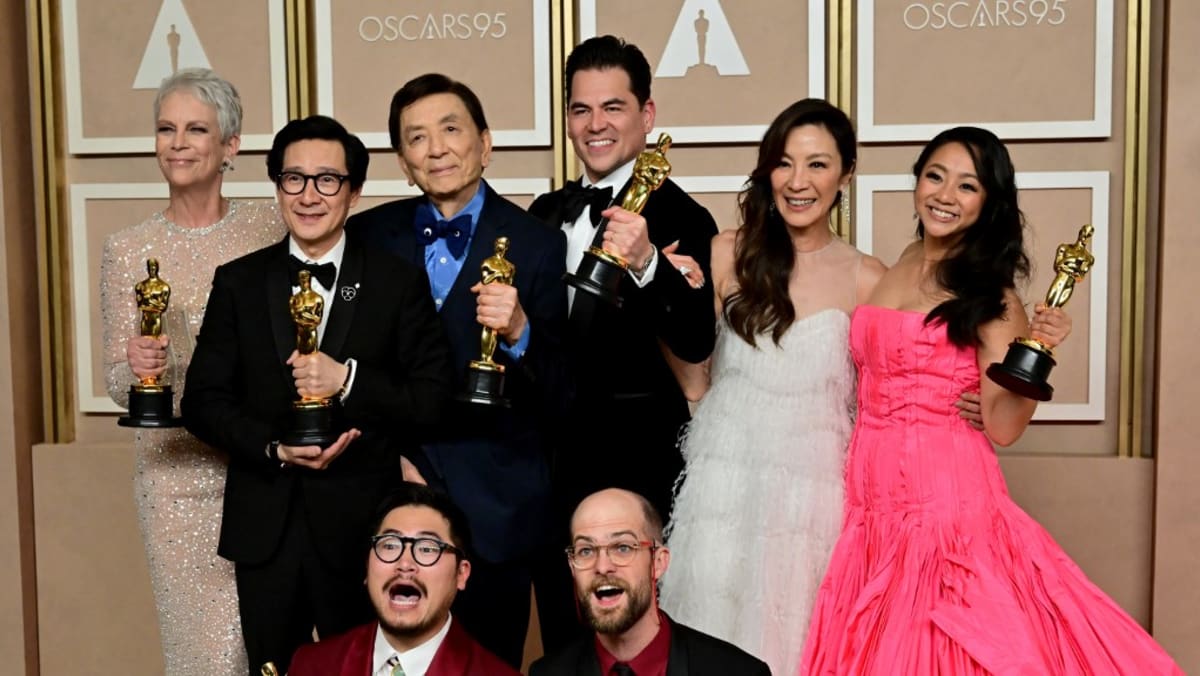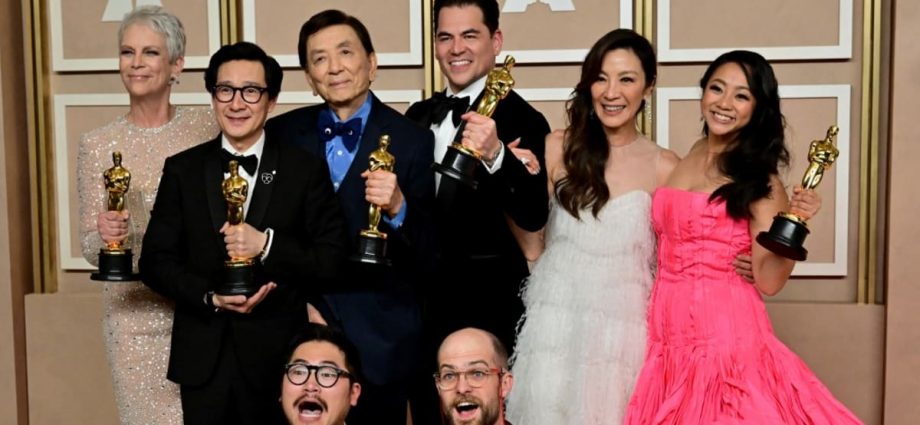
While there is still heated debate over whether Hong Kong movies have died, the local film industry has had a surprising rebound after cinemas reopened in the second half of 2022.
Three local productions have surpassed the 2016 Korean action thriller Train To Busan as the highest-grossing Asian movie in Hong Kong. Courtroom drama A Guilty Conscience has become the first non-English film to join the HK$100-million (US$12.7 million) box office club, which until now was dominated by Hollywood blockbusters.
Multiple factors contribute to the comeback of Hong Kong films. First, it follows the broader recovery of local show business. Several movies featuring Hong Kong boy band MIRROR cracked HK$30 million. The lack of entertainment available during the zero-COVID era also generated demand for comedies and led to the success of Table For Six, which grossed HK$77 million.
Moreover, the sentiment in the city favours the rebirth of local movies. Influencers and netizens heavily promoted Warriors of Future, Hong Kong’s first big-budget sci-fi movie, after its poor box office result in China. This reflects the urge to protect local culture and Hong Kong identity since the anti-extradition protests of 2019 and 2020.
OFF THE RADAR FOR INTERNATIONAL AUDIENCES
But outside of their domestic market, Hong Kong films struggle. International box office results indicate that Hong Kong movies do not appeal to audiences overseas.
Even with the presence of familiar faces like Louis Koo and Sean Lau Ching Wan in Warriors of Future, the reality is that no Hong Kong film can gross more than 1 billion yuan (US$146 million) in China. In Taiwan, A Guilty Conscience failed to reach TW$1 million (US$32,800) after a week of showing, a benchmark that new Hong Kong movies are also unlikely to meet now.
Many domestically well-received Hong Kong movies don’t even have a chance to show in Southeast Asia, historically an important market. The migration wave has allowed more Hong Kong movies to be shown in the UK. However, my observation in London cinemas is that the ratio of British attendees is much lower compared to Korean and Japanese movies.

